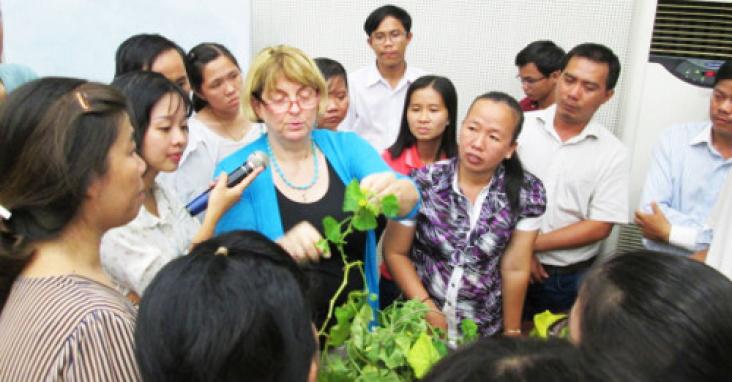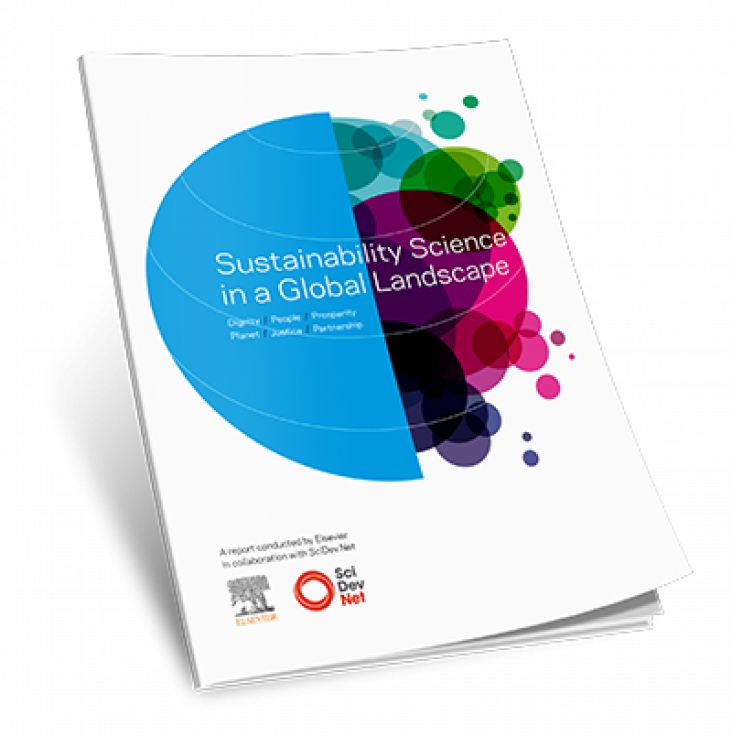Transgender people are a diverse population affected by a range of negative health indicators across high-income, middle-income, and low-income settings.
In this paper we examine the social and legal conditions in which many transgender people (often called trans people) live, and the medical perspectives that frame the provision of health care for tra
Gay, bisexual, and other men who have sex with men (MSM) continue to have disproportionately high burdens of HIV infection in countries of low, middle, and high income in 2016.
There is a paucity of research on sexuality within accounting studies in general, and next to nothing on lesbian, gay, bisexual and trans* (LGBT) sexualities in particular.
This content aligns with Goal 3: Good Health as well as Goal 10: Reduced Inequalities by reviewing the mechanisms of viral spread that are facilitated by cell–cell interactions and cell migration and discuss their implications for viral transmission, pathogenesis, and prevention.

The Sustainability science program is a partnership between the Elsevier Foundation and the World Academy of Sciences (TWAS) aiming to promote visibility and knowledge exchange for developing country researchers through travel grants, expert exchanges and case study competitions.
Elsevier,
Agricultural Law and Economics in Sub-Saharan Africa: Cases and Comments, Chapter 5, 2016, Pages 141–184
This chapter examines contracting between literate and illiterate parties in sub-Saharan Africa in a market-led development approach. It supports goal 16 (peace, justice and strong institutions) and goal 10 (reduced inequalities).
Elsevier,
International Review of Research in Developmental Disabilities, Volume 48, 2015, Pages 1-9
This chapter addresses SDGs 3 and 10 by providing a review of intellectual disabilities, health disparities and health inequality in both children and adults through current research on the causes, effects, classification systems and syndromes of developmental disabilities.
Elsevier,
International Review of Research in Developmental Disabilities, Volume 48, 2015, Pages 43-72
This chapter addresses SDGs 3 and 10 by providing a review of intellectual disabilities, health disparities and health inequality in both children and adults from wide-ranging perspectives including genetics, psychology, education, and other health and behavioral sciences.

This report, conducted by Elsevier in collaboration with SciDev.net, contributes to the understanding of sustainability science as a research field and the dialogue between science and society in sustainable development. The report is relevant to all 17 SDGs as it underlines the inter-disciplinary nature of sustainability science and the impact that has on the success of the SDGs. The report helps to advance SDG 4 Quality education and SDG 10 Reduced inequalities.
